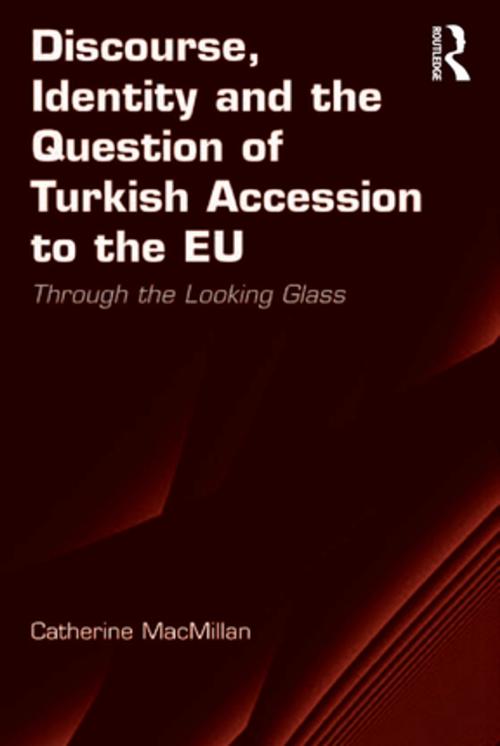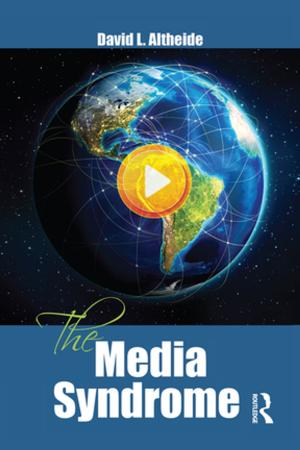Discourse, Identity and the Question of Turkish Accession to the EU
Through the Looking Glass
Nonfiction, Social & Cultural Studies, Political Science, International| Author: | Catherine MacMillan | ISBN: | 9781317149828 |
| Publisher: | Taylor and Francis | Publication: | May 23, 2016 |
| Imprint: | Routledge | Language: | English |
| Author: | Catherine MacMillan |
| ISBN: | 9781317149828 |
| Publisher: | Taylor and Francis |
| Publication: | May 23, 2016 |
| Imprint: | Routledge |
| Language: | English |
Discourse, Identity and the Question of Turkish Accession to the EU: Through the Looking Glass provides an invaluable analysis of the issues of Turkish accession to the EU. The focus on elite discourse provides a new and engaging approach to this contentious topic and offers a unique understanding of the competing arguments within the EU regarding the question of Turkey’s accession and the differing visions for the European Union that underlie them. Utilising the Habermasian Theory of Communicative Action Catherine MacMillan focuses on how political elites from the member states and EU institutions engage with the issue, analyses the different attitudes to the Turkish candidacy to the EU and explores the wider implications and competing visions of the EU the differences highlight. By closely examining the different ways that EU elites view and react to this issue vital lessons about the potential wider enlargement of the union to central and eastern Europe can be drawn.
Discourse, Identity and the Question of Turkish Accession to the EU: Through the Looking Glass provides an invaluable analysis of the issues of Turkish accession to the EU. The focus on elite discourse provides a new and engaging approach to this contentious topic and offers a unique understanding of the competing arguments within the EU regarding the question of Turkey’s accession and the differing visions for the European Union that underlie them. Utilising the Habermasian Theory of Communicative Action Catherine MacMillan focuses on how political elites from the member states and EU institutions engage with the issue, analyses the different attitudes to the Turkish candidacy to the EU and explores the wider implications and competing visions of the EU the differences highlight. By closely examining the different ways that EU elites view and react to this issue vital lessons about the potential wider enlargement of the union to central and eastern Europe can be drawn.















